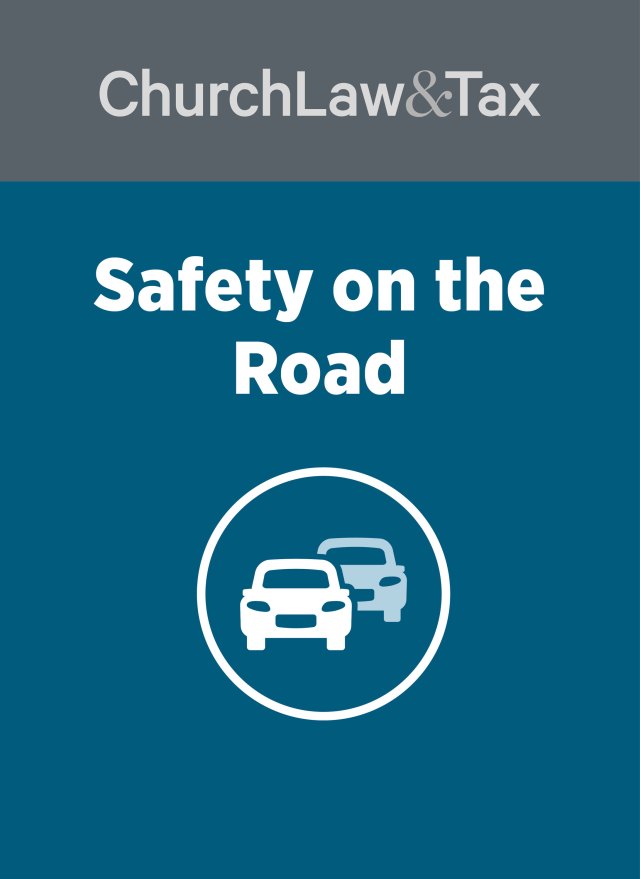• Church vehicles can create unique legal risks. Consider the following case. A church bus driver discovered that his brakes were not working properly when he was required to make a sudden stop to avoid a vehicle that stopped abruptly in front of him. Though the driver succeeded in stopping the bus, he realized that the bus had lost much of its braking ability. Instead of parking the bus and calling for assistance, the driver elected to continue with his passengers to their nearby destination. As he proceeded through traffic, he noticed a car stopped 200 feet in front of him waiting to make a left turn. The driver downshifted the bus to its lowest gear and applied the brakes. Though the bus had some braking power, the driver soon realized that the bus would strike the car. A few moments later, while attempting to apply the emergency brake, the bus in fact struck the car, injuring the driver. Two years after the accident, the victim sued the driver and the church. A jury ruled in favor of the driver and the church on the basis of the “sudden emergency doctrine.” This doctrine provides a complete defense to the driver or owner of a vehicle that causes an accident due to sudden brake failure if the owner or driver did not know the brakes were defective and could not have discovered the defect by a reasonably careful inspection. The victim argued that this doctrine should not excuse the driver and the church since the driver was aware that his brake system was failing prior to the accident. This argument was rejected by the jury, and a federal appeals court upheld this decision. It must be emphasized that both courts ruled against the victim because his attorney failed to properly object to the application of the “sudden emergency doctrine.” This case must not be interpreted as condoning the driving of a church vehicle after it is discovered that its brakes are failing. Such conduct would almost always be viewed as gross negligence by a court. Further, while the “sudden emergency doctrine” is recognized in many states, it does not apply if the emergency was foreseeable. In other words, it would not apply if a sudden brake failure was reasonably foreseeable because of a lack of proper maintenance and inspection of a church vehicle. The doctrine ordinarily will protect a church only if a vehicle that has been properly maintained and inspected causes an accident because of some sudden failure in the brakes (or some other system). If the mechanical failure was foreseeable, or if the driver recognizes a mechanical failure but continues driving a vehicle, the doctrine would not apply. Guerts v. Barth, 892 F.2d 622 (7th Cir. 1990).
© Copyright 1990, 1998 by Church Law & Tax Report. All rights reserved. This publication is designed to provide accurate and authoritative information in regard to the subject matter covered. It is provided with the understanding that the publisher is not engaged in rendering legal, accounting, or other professional service. If legal advice or other expert assistance is required, the services of a competent professional person should be sought. Church Law & Tax Report, PO Box 1098, Matthews, NC 28106. Reference Code: m58 m90 m86 c0690
